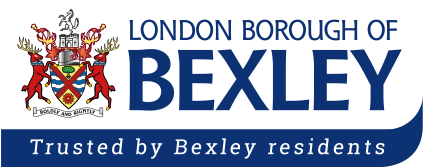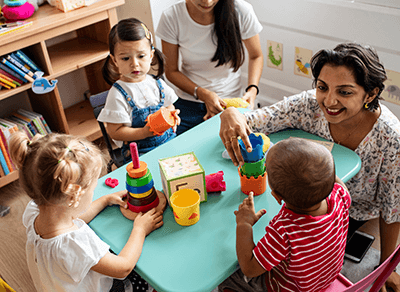Contents
- Introduction to the Born Ready, School Ready, Bexley Ready guide
- Pregnancy to 12 months
- Learning and development up to 12 months
- 1 to 2 years
- Learning and development 1 to 2 years
- 2 to 3 years
- Learning and development 2 to 3 years
- Speech, language and communication
- Childcare
- Learning and development 3 to 4 years
- Learning and development 4 to 5 years
- Tips to help prepare your child for school
Tips to help prepare your child for school
Applying for a Bexley Nursery place is available online from January. You can also apply for Bexley Schools from September, using the links below.
Apply for a Primary School place
I feel very excited about starting nursery/ school, but I also feel nervous and unsure, what will it be like, what if I miss my family, where are the toilets? My family may also feel excited, but nervous, hopefully all of the information you are reading will help us with this next step. Remember, as my mum/mummy/dad/daddy, you have helped me to get to this stage with all the things we have done together and you will continue to help me with learning, even when I start nursery/school.
You can access information about starting school to support me.
Can you encourage me to:


